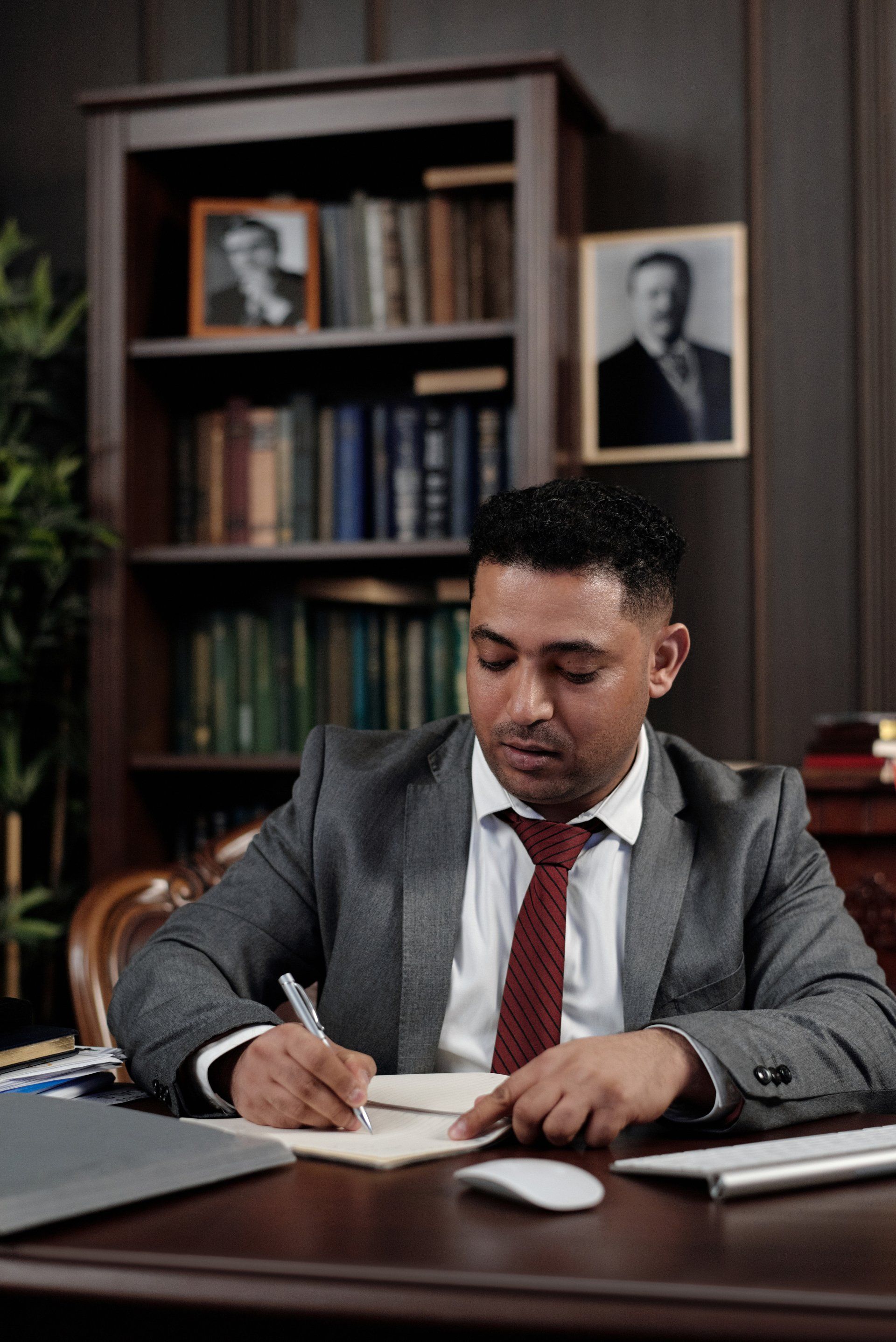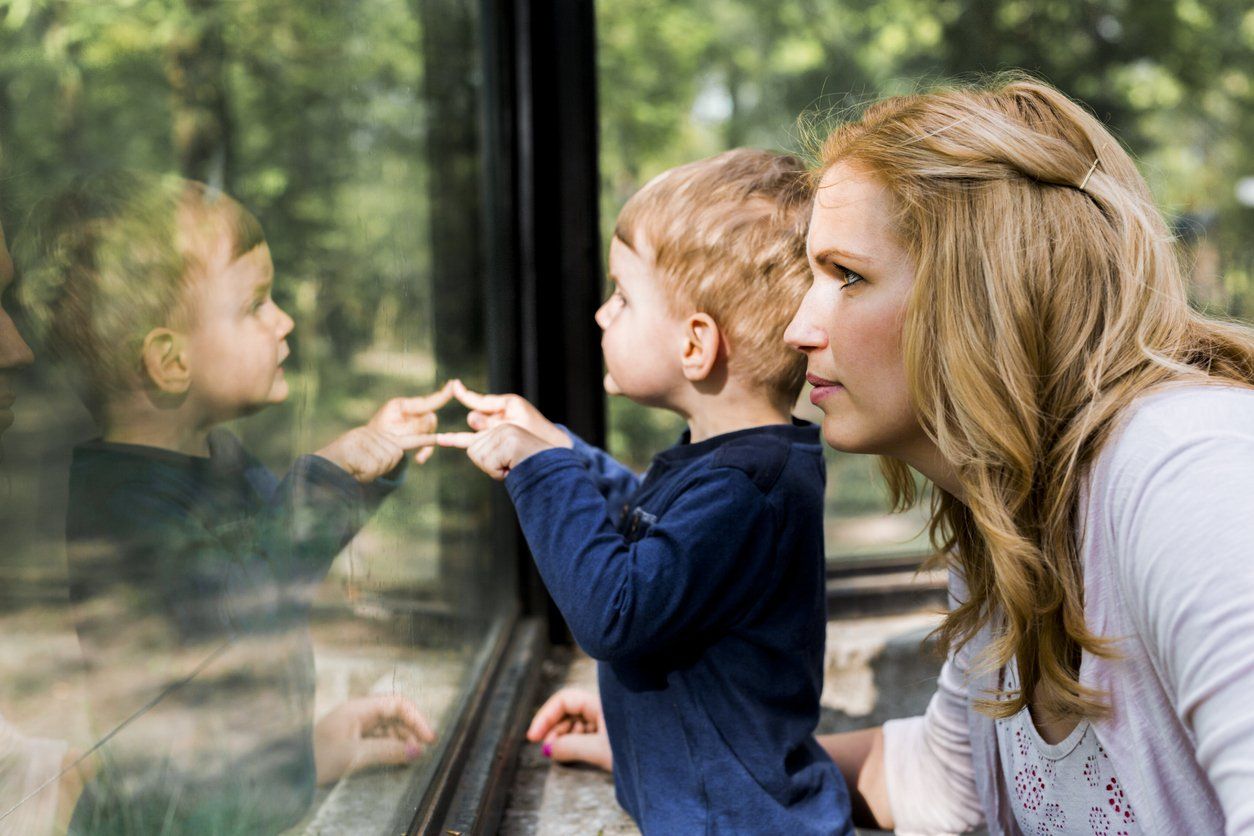Types of Child Custody
Our Family Law Attorneys Will Help You Fight for Custody

There are quite a few types of custody arrangements that can be used when a couple gets divorced. However, family law always looks at which custody arrangement would be in the best interest of the child or children involved. Our family law attorneys can help you build a case to fight for the type of custody arrangement you want for your family.
Physical custody - Physical custody is when a judge decides whether a child will live with one parent or both parents. A huge part of the decision about where the child will live is based on how old the child is, where they go to school, and whether both parents can provide a safe, stable environment for their child. Our family law attorneys can build a case to help you prove that you have the resources to take care of your child and that your home is a stable environment.
Legal custody - Legal custody grants a parent the right to make big decisions about their child. Legal decisions are the ones that involve medical, educational, or religious decisions. Unless one parent has been absent or has shown mental or emotional instability in the past, both parents are typically granted legal custody rights. If you are in a situation where you know your ex-spouse is not fit to be a part of making big decisions for your child, you should hire a family law attorney to help you navigate your child custody case.
Sole custody - A judge will not grant sole custody unless one parent has shown they are not interested in being a part of the child’s life or they have been deemed unsafe. Our family law attorneys can help compile evidence you have of your ex-spouse being absent, so you can try and obtain sole custody of your child. The judge will want to see evidence such as messages, pickup and drop of logs from school, and any other documentation to support your case.
Joint custody - Any judge will grant joint custody when it is in the best interest of the child and both parents can provide a safe home for the child that also has financial and emotional stability. Joint custody gives children an opportunity to have a long-lasting relationship with both parents, which will give children a sense of stability amid their parents getting divorced.









